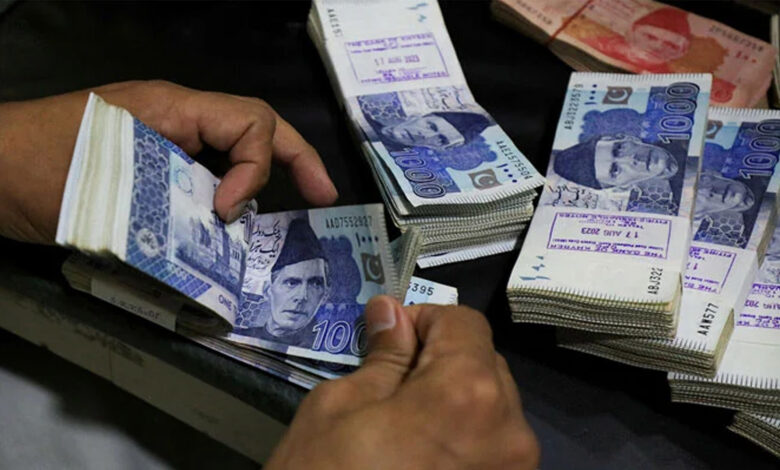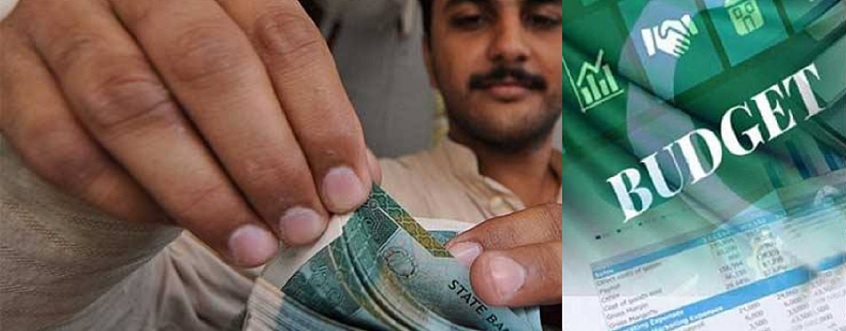The Pakistani government is intensifying efforts to increase revenue, with the Federal Board of Revenue (FBR) proposing a 2 percent increase in the tax rates on interest income earned from commercial bank deposits and savings schemes in the upcoming fiscal year 2025-26 budget.
According to local media reports, the proposal targets both tax filers and non-filers as part of a broader strategy to boost government revenue while offering relief to other economic sectors. Currently, interest income from bank deposits is taxed at 15 percent for filers and 35 percent for non-filers for FY24-25. The proposed increase would raise these rates to 17 percent for filers and 37 percent for non-filers, pending final approval from the IMF.
The US-based lender, involved in designing reforms, has requested detailed tax proposals to offset revenue shortfalls caused by concessions for salaried individuals and a contracting formal economy. The government aims to balance tax relief with the need to sustain revenue collection.
READ MORE: Mother Returns Fugitive Son to Authorities After Karachi Jail Escape
Savers have expressed concern that higher taxes on interest income could negatively impact individuals dependent on savings and bank deposits for income, especially after recent policy rate cuts that have already lowered bank returns. There are also warnings that commercial banks might experience a decline in deposits if the tax burden increases.
Dr. Iqbal explained that the current 15 percent tax rate applies to individuals whose annual interest income is up to Rs 5 million, while those with higher earnings pay taxes according to their overall income brackets. Corporate interest income is taxed under company tax rates, including surcharges.
This tax proposal is part of a larger effort by the government and the IMF to review all tax exemptions and align various income sources with standard tax rates, aiming to increase fiscal revenues without hampering economic growth.




